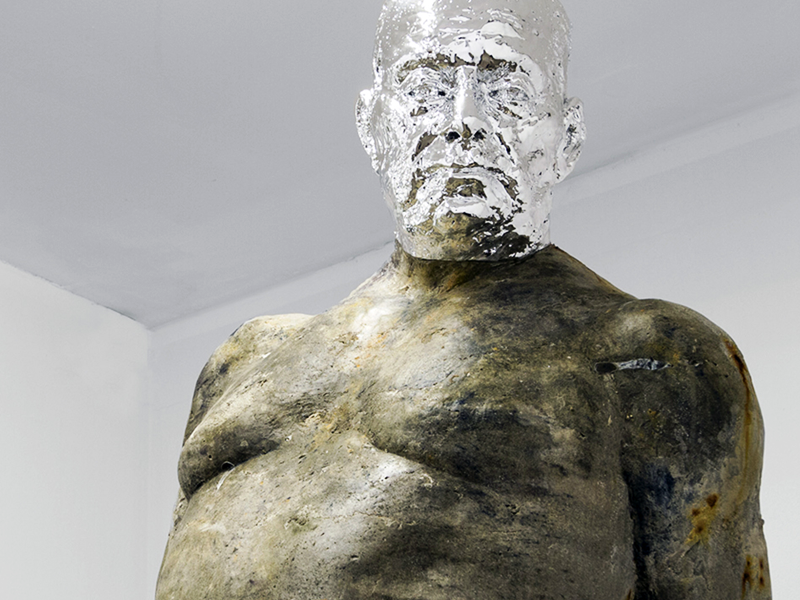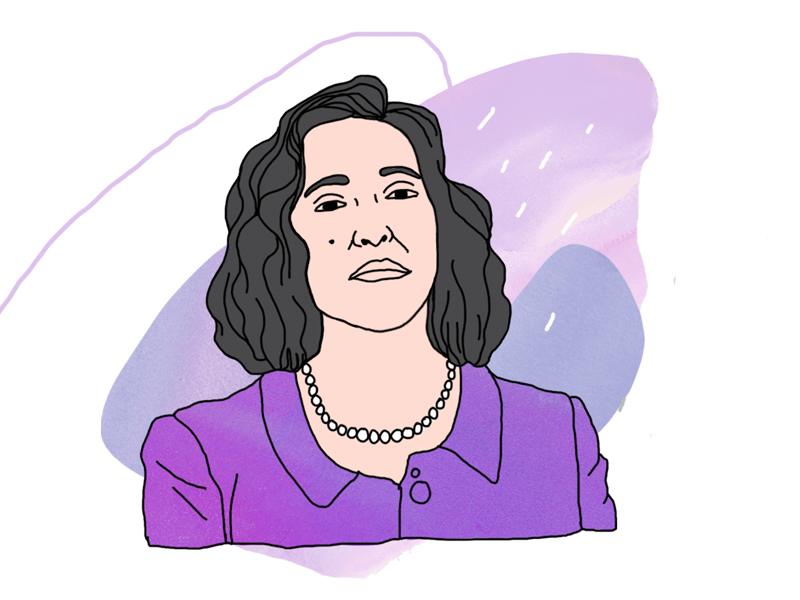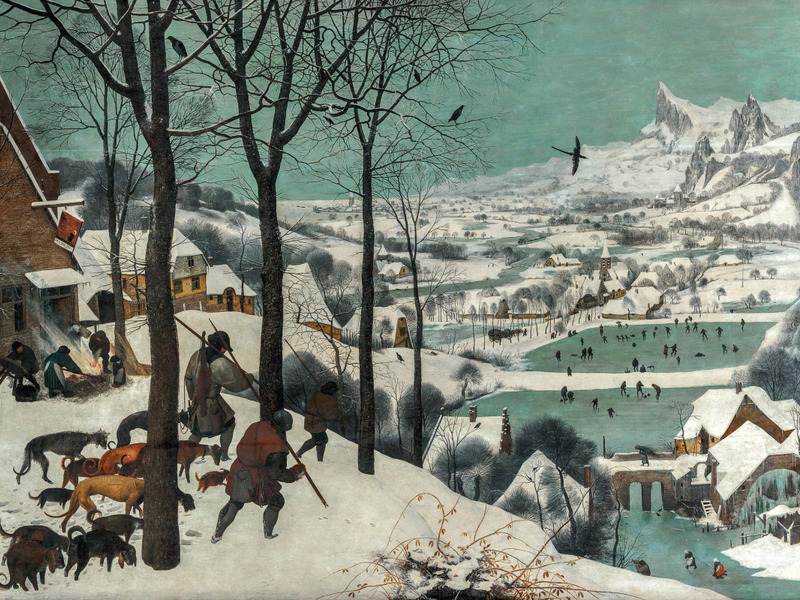
How to make your art venture financially sustainable?
In most cases, arts and culture sector worldwide receive a small portion of the national budgets, and this is a worldwide well spread case. This is why cultural operators and artists need to be aware about external fundraising and financing from alternative sources, and understand the basics of entrepreneurship in the arts.
Dr. Lidia Varbanova is an internationally recognized consultant, educator, coach and researcher in the field of strategy, policy, management and entrepreneurship, with a special focus arts, culture and creative industries. She loves music and in her free time she plays piano, attends cultural events and volunteers for social causes.
Dr. Varbanova visited Azerbaijan within the framework of the EU funded Eastern Partnership Program project “Culture and Creativity” to lead “Crossovers and fundraising” workshop for art and culture actors, NGOs and professionals in art.
- You are in Azerbaijan for the third time. You were here last time 13 years ago. Have you noticed any differences? What do you think about the current situation of arts and culture sector in Azerbaijan today, especially from the fundraising viewpoint?
- From the first glance, every visitor in Baku can certainly notice the huge changes, especially the beautiful architecture, the new museums, concert halls, cinemas, galleries…There are a lot of souvenir shops offering articles for tourists, especially in the Old city. But as a tourist, I found out that there is not sufficient cultural information in the hotels. There is no cultural map of Baku, offering diverse arts and culture options for spending tourists’ money and time for arts events and offers. It is difficult to orientate both online and offline what is going on in Baku in the cultural scene-performances, creative workshops, live music spaces, galleries, etc. Very hard to find a shop offering more than just the usual types of souvenirs, or a place where I can listen nice jazz or live music in the evening…If I did not have friends in Baku who work in the cultural sector, like Asmer Abdullayeva who runs the newly opened Asmart Creative Hub, I wouldn’t be able to find these places for the little time I have as a visitor here. There is a huge space for development in this respect. Foreigners should be informed much better about what is going on in the city from the viewpoint of creativity and innovation. And cultural professionals have to be aware about it, as well as how to fill this gap.
- How in your opinion would the training on “Crossovers and Fundraising” that you run these days in Baku, help to art professionals or for government people?
- Artists and cultural managers today need to know specific strategies, international cases and examples of practices in this sphere, tools for managing successfully their organizations. This training is targeted towards creative people and entrepreneurial individuals who wish to know how to start and manage their creative business ventures. This is not a training in its conventional way, but an interactive workshop that assists three types of people - individuals who wants to establish a new arts venture, organizations, who have already established their arts business, but they seek new opportunities, and government decision-makers to understand better how the crossover effects influence the connections between the arts and other sectors in the economy, such as health care, environment, education, tourism, etc. This is why the workshop is called “Crossovers and Fundraising”. We also talk about cultural policy strategies and tools to support innovative projects and organizations, giving a lot of examples from the international cultural practice.
What would be your recommendations for people who were not able to participate in the training, but are interested in starting up their ventures in the arts, in entrepreneurship and innovation?
- First of all – open up and learn more what is going on outside of the cultural sector. Subscribe for blogs, bulletins, newsletters in other fields, for example the technological development. Ideas and projects from other sectors would boost creativity and help in building bridges between sectors. They could also be a sparkle for a new innovative idea.
-
Second: open up to the world. Use the online technologies to make art, to disseminate art, to find new audiences and supporters. Inform the world that you have something unique to offer and you are different from others. This is very important. Learn about other peoples’ successes and inform them about what you do.
-
Remember that there is no age limit to build up capacity, to start from the beginning and to succeed and be happy. You can even start something new at the age of 60 or over.
-
Collaborate and look for partners. This is because successful projects in the arts are usually related to partnership. I would like to mention, that in my new book International Entrepreneurship in the Arts (Routledge, October 2016) there are some interesting findings about international partnership. I also discuss diverse international entry models in a partnership mode.
-
And finally, think strategic. Cultural practices show that those managers and leaders who have a vision and peer the future, can lead their organisations and projects to success and make their teams happy. Strategic management is very important during any start up phase, and our readers might wish to check up my previous book Strategic Management in the Arts, published by Routledge in 2012. It is important for every cultural professional and artist to consider the external environment to be able to position cultural products and services in a successful way, bringing values and happiness to the audiences, buyers and to the future generations. And I underline happiness, because for me this is more important than just to be successful. If you are happy, it means you are successful.
Get more useful information and recommendations here: https://www.culturepartnership.eu/az/publishing/online-learning.




